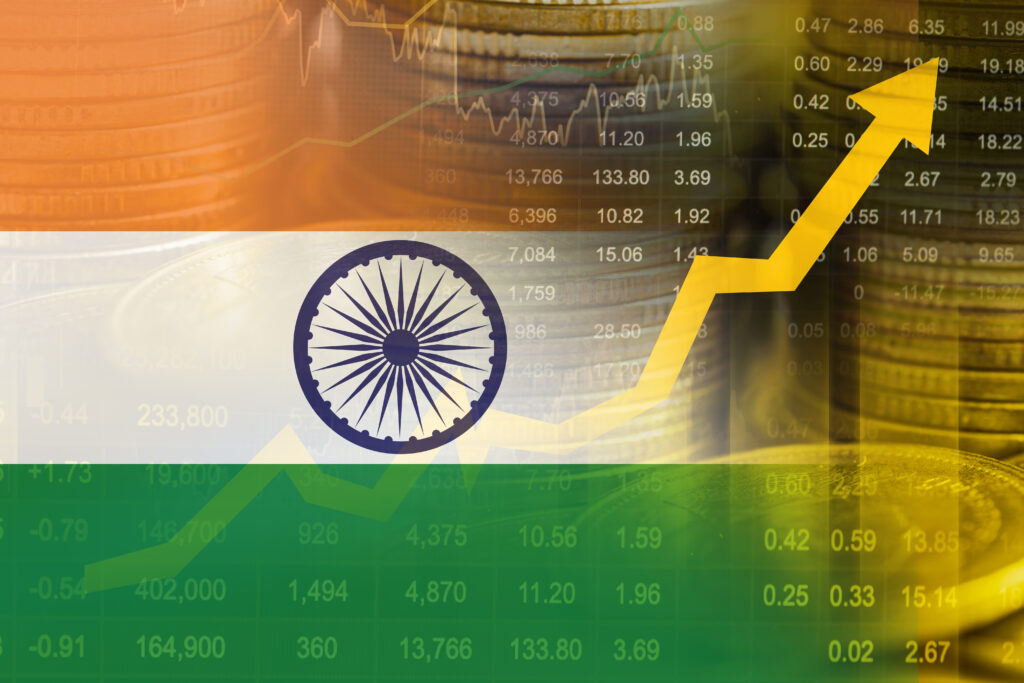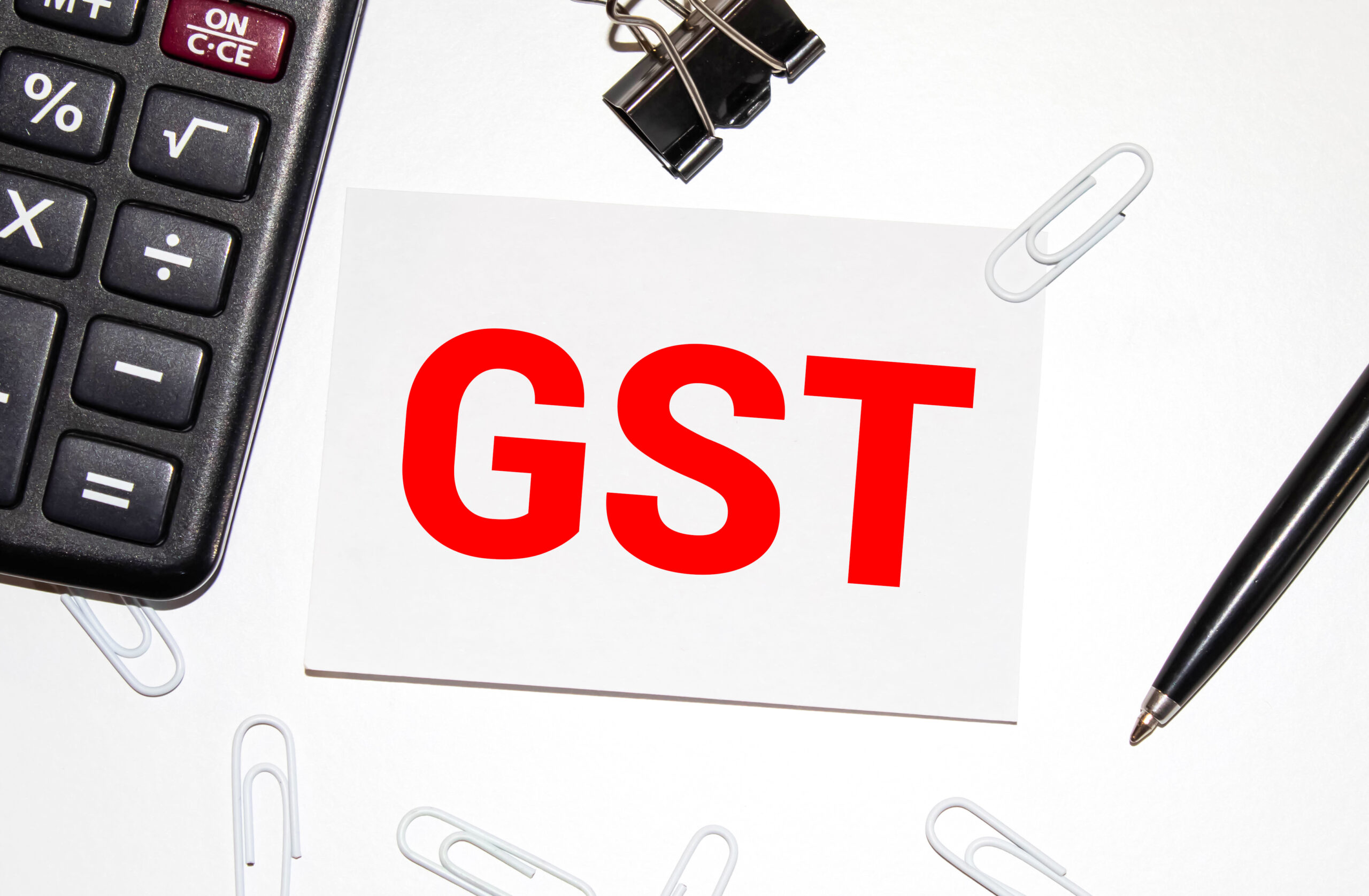In the early 2000s, when we began working in Northeast India with the idea of creating livelihoods through the production of arecanut leaf plates and bowls from naturally fallen sheaths, we knew little about the landscape we were stepping into. We were a small organisation trying to establish ourselves with the sole objective of creating livelihoods and employment opportunities.

Connectivity and infrastructure were poor. Roads were patchy. Shipping a product from the Northeast to mainland India often took anywhere from two weeks to a month, depending on how long delivery trucks were stuck at interstate check gates.

There were days when one of us would sit in a sales tax office for hours, trying to sort out documentation and disputes. As a company trying hard to establish itself with no financial cushion, we strictly avoided under-the-table transactions. That meant delays, endless negotiations, and constant efforts to stay on the right side of the system.
Then came the blow of demonetisation in late 2016, followed just eight months later by the rollout of GST in 2017. We hadn’t yet recovered from one disruption when another arrived. Our business took a huge setback. With interstate taxes differing across states and many wholesalers accustomed to cash deposits to our bank accounts, demonetisation caused significant panic in the ecosystem, and we too lost a lot of business that year.
Still, deep down, we believed that GST would eventually bring positive change, and we were right.
Our visits to sales tax offices dropped drastically. As the GST system became fully online, we were able to file our returns on time and with greater efficiency. The time we once spent navigating red tape reduced dramatically.
Compliance costs did increase, as we needed the support of chartered accountants to file our taxes. But as long as a business operated honestly and by the book, and had the right guidance, things became much smoother and faster.
Our trucks started moving faster too. What once took 10 days to reach Kolkata port began taking just four. With continuous improvements in road infrastructure, today our consignments reach Kolkata within 48 to 52 hours, no layovers, no check posts, no unnecessary delays. Deliveries became efficient, and transport costs began to reduce.
The additional cost we incurred in compliance was offset by the savings in transportation.
A major boost came when the GST on our product was set to 0 percent across India. Earlier, some states levied taxes while others didn’t, making interstate business complicated. The uniform rate simplified everything.
The GST knowledge base in the ecosystem has grown immensely. From relying on a CA to handle our filings, today we have trained in-house officials who complete these tasks efficiently, reducing costs and building institutional capacity.
Now, with the new GST reform in place, we are hopeful once again. We believe our domestic customers will benefit and that more people will choose sustainable and impactful solutions like ours, in their daily lives, in their celebrations, and in their happiness.
Simpler interstate registration and reduced tax confusion are making it easier for us to sell across India. Lower tax rates on consumer-facing products like ours are likely to enhance demand for sustainable alternatives, helping enterprises like Tamul integrate more seamlessly with mainstream retail chains.
India today is the world’s second largest economy and is poised to become the first in the years ahead.
Our population is young, growing, working, and earning. Tax reforms like these support this dynamic generation, fueling consumption, encouraging entrepreneurship, and strengthening the nation’s economic fabric.

Especially for small businesses, these reforms have been both effective and supportive. Our only ask would be to provide handholding support to MSMEs like us, to help integrate these reforms smoothly into our systems.

